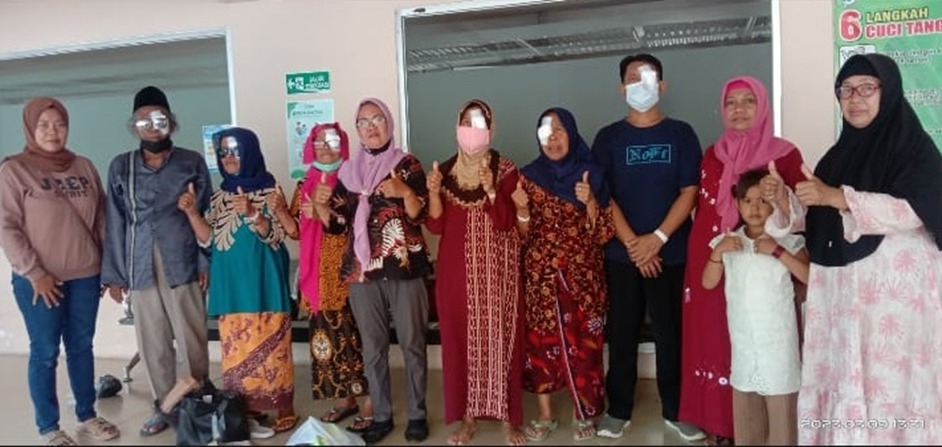Poetry and Justice
Stories | March 20, 2020
Today is World Poetry Day. I have been privileged to write and perform (that is recite) poetry through my role as Community Education Officer at CBM Australia. I love the power of words. I have a passion for how words can be strung together to create something beautiful. Something that can engage people and invite them to ponder. To wonder. Something that can invite people to see hope and beauty.
I long for people to have access to their human rights. That’s why I work for CBM. CBM works to improve the quality of life of people with disabilities who live in the poorest areas of the world. Human rights include the freedom of expression, the right to education and employment and to live in safety.
I love the intersection of these two passions of mine. I love using poetry to invite people to be concerned for those who do not have access to their human rights. People who live in poverty. People who are exploited. People who are excluded.
Using poetry, I invite people to join me in speaking up for the human rights of others and to take action to enable access to those rights. I use poetry to invite audiences to look beyond any preconceptions they may have to see the value and contributions of people with disabilities to society.
I can tell an audience the facts. Like 1 billion people in the world live with a disability. And 80% of them live in developing countries. The facts engage people’s minds and their intellect. 1 billion is a difficult number for people to grasp.
Poetry, however, engages people’s hearts. It engages people with the deeper things, the things that connect us all. It invites us to see the possibilities. To see that people can have more access to their human rights and that our actions can improve the quality of life for individuals, families and communities.
Whether you’re a writer or not, your words have creative power. In your conversations with others you can inspire them to be concerned about human rights and to take action to enable access to those rights.
Read more about Stevie Wills, Community Education Officer at CBM Australia
https://www.cbm.org.au/stories/poetry-and-justice
Related Stories

Disability rights-based approach to the care agenda
The urgent need to build and rethink care and support systems to address the...

Challenging misconceptions: Spreading the good news about cataract surgery
Cataracts are the leading cause of blindness worldwide. Despite...

Walking and writing with ease: Clydelle’s journey
Clydelle is a delightful little five-year-old from the Philippines. Born with Cerebral Palsy, she...
